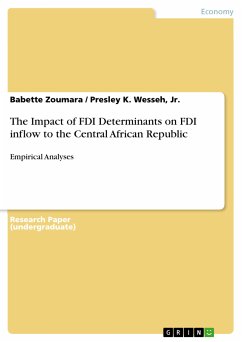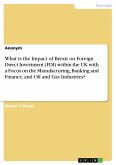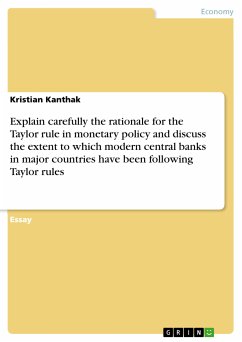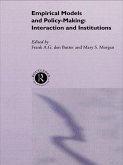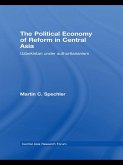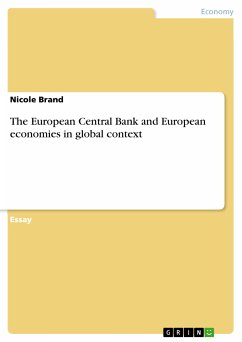Research Paper (undergraduate) from the year 2012 in the subject Economics - Other, , language: English, abstract: With Autoregressive Distributed Lag (ARDL) bound test technique to cointegration and Error Correction Model (ECM), the impact of FDI determinants on FDI to the Central African Republic (CAR) from 1965 to 2010 was empirically examined. Results show that all regressors were of the order of one [I (1)] except inflation rate [I (0)], with stable cointegrating relationship with FDI. Additionally, diagnostic tests proved that the model was correctly specified and reliable; with FDI inflow statistically and positively correlating with market size, inflation and corruption but negatively with openness to trade and political instability. Political instability had strongest negative impact; implying that FDI responds to political instability in CAR more than the rest of the explanatory variables. Therefore, in order to attract the required FDI, the security situation in the country needs to be improved and efforts must be directed towards improving the economic performance of the country by diversifying its economic activities and encouraging private participation. Furthermore, CAR needs to secure its borders by cooperating with its neighbours on possible joint border patrols. For long term policy intervention, good governance and its attendant conditions (rule of law, transparency, accountability, respect for human rights and equal opportunities) and institutions (strong and independent judiciary, opposition, media, electoral commission, security force and public services) must be pursued. Most importantly, higher education must be prioritized and implemented to foster national unity, reduce crime and conflicts, and provide employment, better salaries, and vibrant domestic economic activities to generate revenue for rapid and sustained economic development.
Bitte wählen Sie Ihr Anliegen aus.
Rechnungen
Retourenschein anfordern
Bestellstatus
Storno

